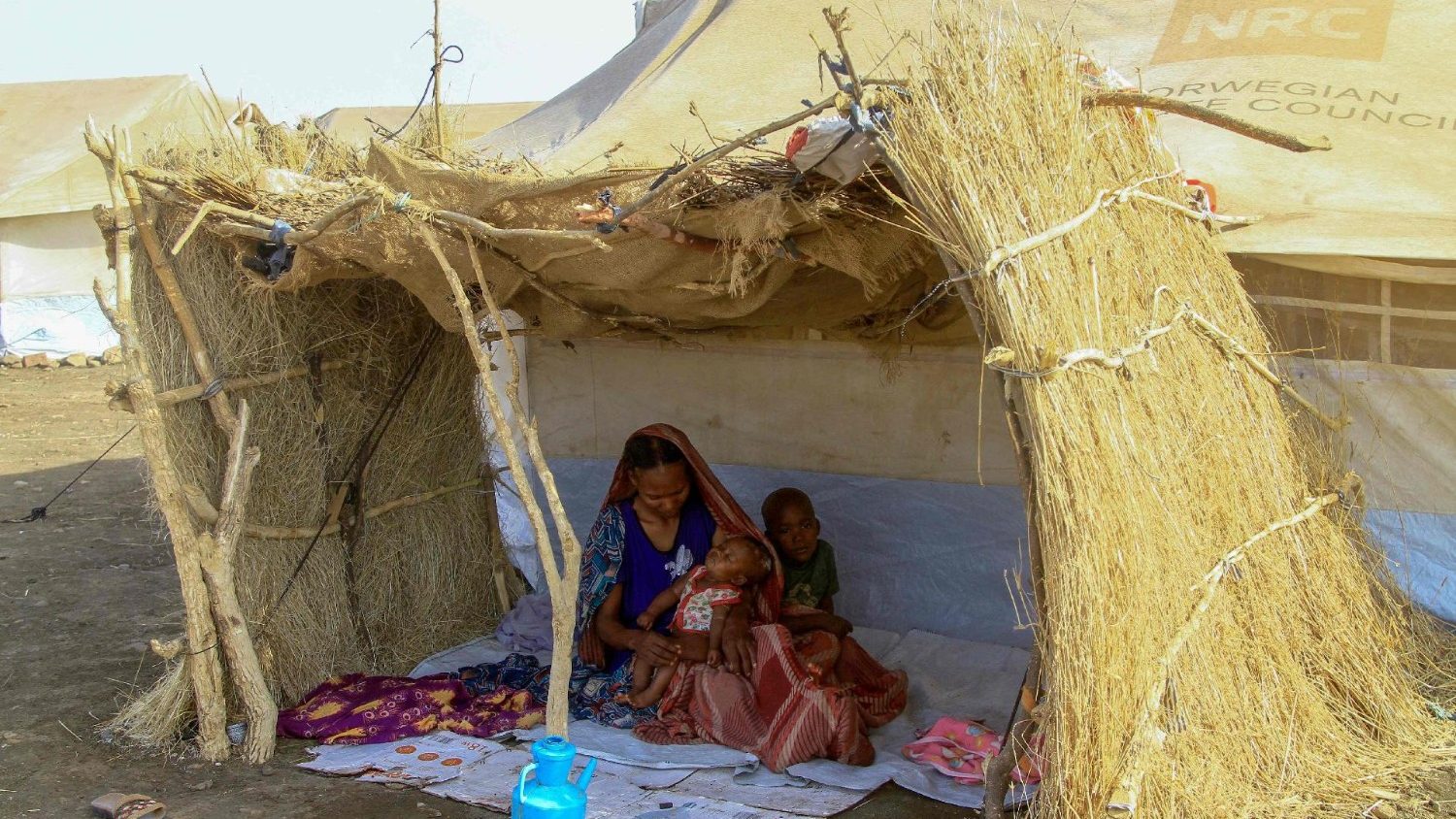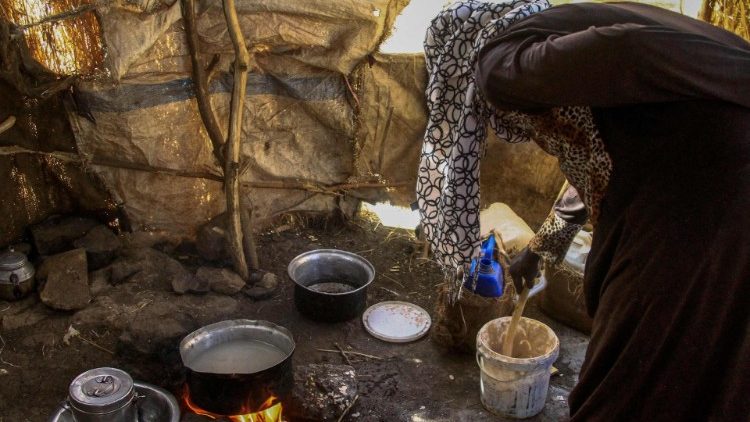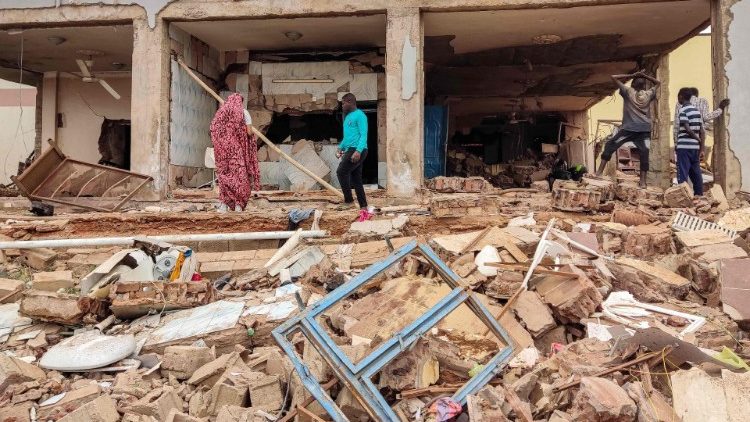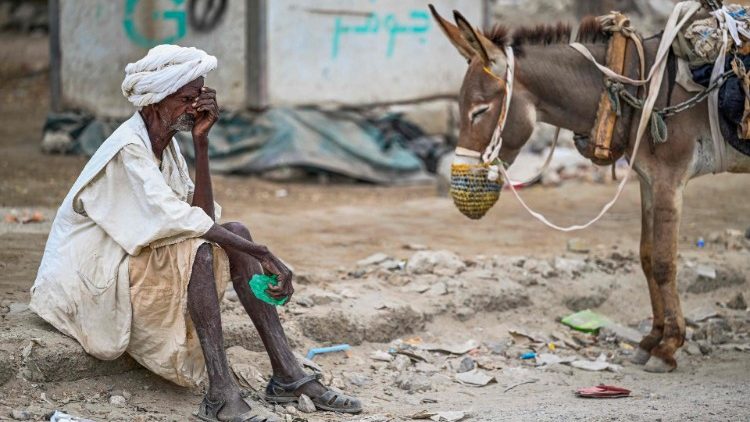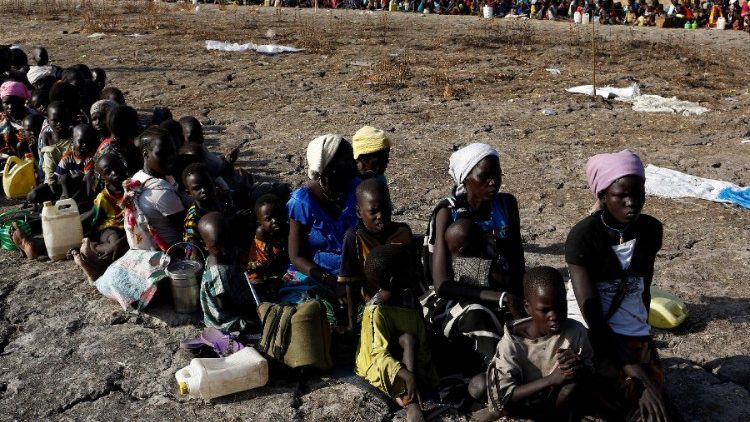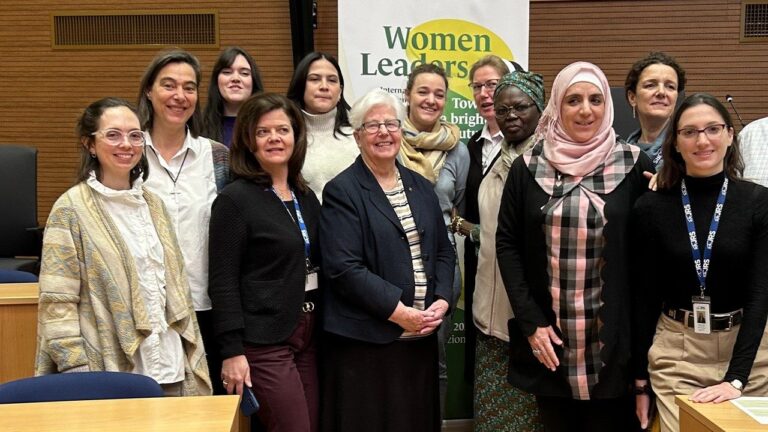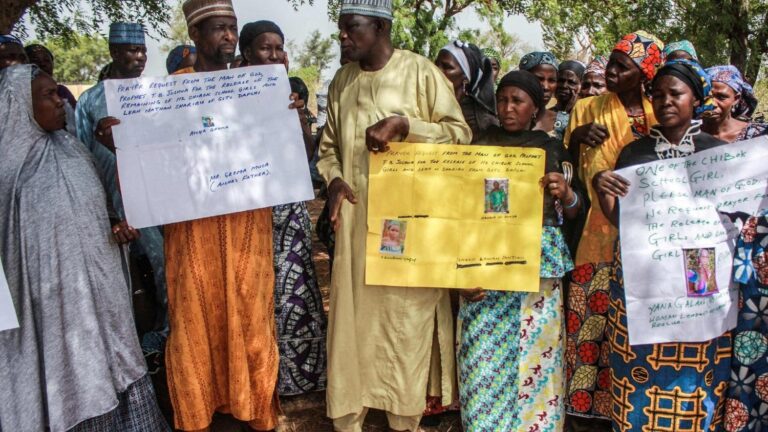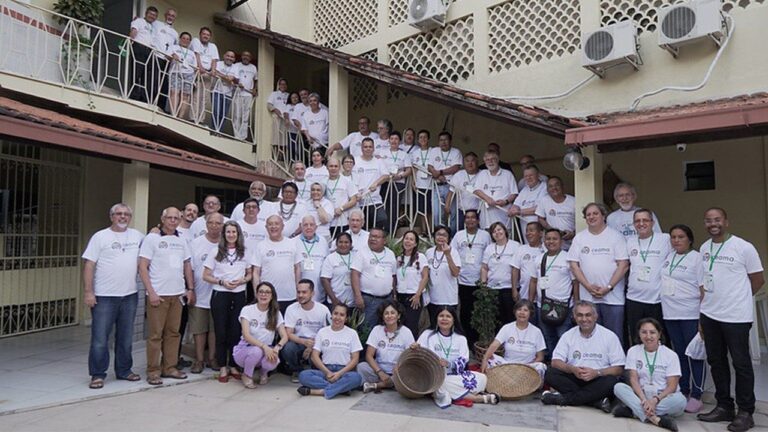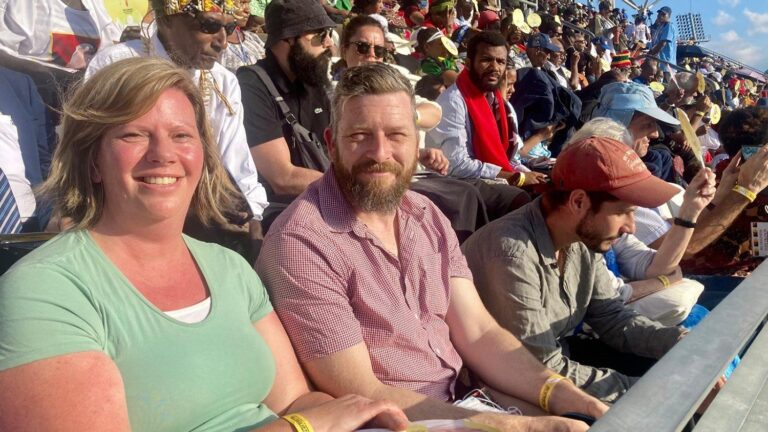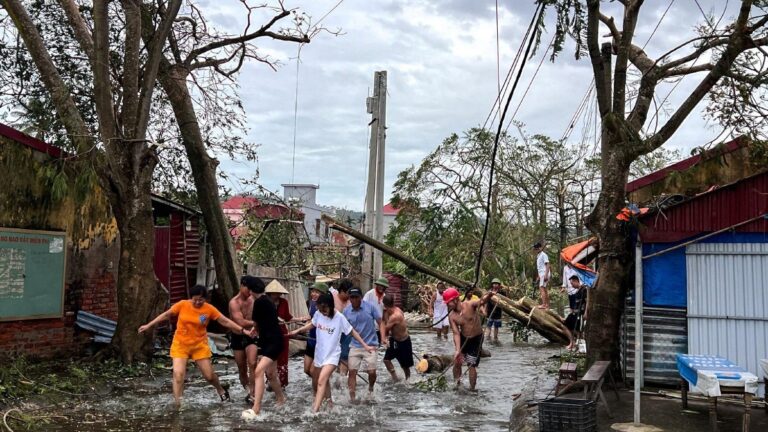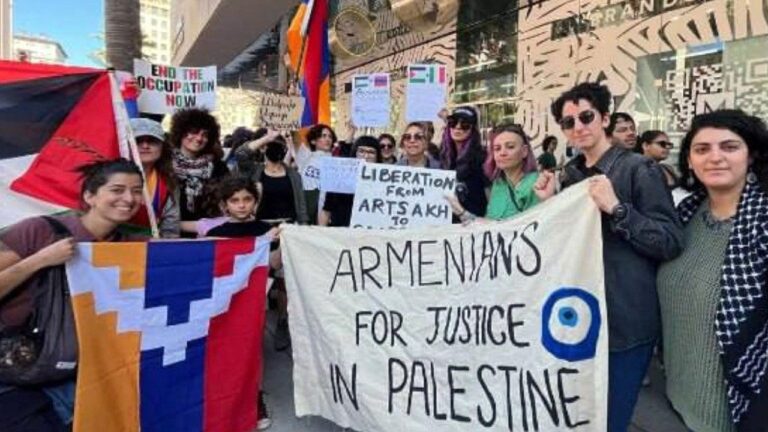CAFOD appeals for emergency aid for Sudan
Vatican news
Fighting between the army and paramilitary forces that erupted more than a year ago has plunged Sudan into what observers predict could be the world's worst hunger and displacement crisis.
By Linda Bordoni
The UN reports that 12,000 civilians have been killed in Sudan's ongoing war – although the actual death toll appears much higher – and at least 8 million people are displaced.
The conflict, which erupted just over a year ago between the Sudanese army and the paramilitary Rapid Support Forces (RSF), has plunged this North-East African country into chaos, with the most the world's largest internal displacement crisis, a catastrophic humanitarian emergency and allegations of war. crimes and disregard for international law.
CAFOD, the humanitarian agency of the Catholic Church in England and Wales which partners with Caritas Sudan, has launched an emergency appeal to try to prevent the humanitarian crisis from becoming the worst in living memory. man.
Speaking to Vatican Radio, the organization's national representative, Telley Sadia, described the harsh reality faced by civilians in Sudan and highlighted the urgent need for international attention and assistance.
For more than a year, Sudan has been ravaged by conflict which, Sadia said, has led to the displacement of millions of civilians, including women, children and the elderly, from their homes and their state of origin. . They find themselves sleeping in the open or seeking refuge in crowded public spaces, makeshift shelters and abandoned buildings like schools that no longer function.
“Some of them live in unfinished houses, amidst a lack of clean water, poor hygiene and we have had outbreaks of diseases, especially cholera, among young children who have not no food to sustain them,” he said.
Gender-based violence is endemic, he continued, adding another layer of trauma and despair to an already dire situation in which an estimated 8 million people have been forced to flee their homes, including “6.5 Millions are displaced within Sudan's 18 states. , while the rest is outside its borders in neighboring countries.
International indifference
Sadia stressed that this crisis is taking place with the apparent indifference of the international community, so much so that in a statement published by the Caritas network, the Catholic bishops of Sudan described it as a “forgotten crisis”. He noted that despite the UN's warning that it is one of the largest displacements in history, it has struggled to attract sustained attention and support.
Thus, Sadia stressed the need for immediate action by the international community, emphasizing that prolonged inaction only worsens the crisis and prolongs the suffering of millions of people.
“I wouldn't say it's late or it's not late, because any initiative (from the international community) is really welcome at any time. But I think it took too long to give it the attention it deserves,” he said, adding that the situation should never have gotten to the point it is at now.
Arms trade and greed for power
One of the underlying factors fueling the crisis, Sadia acknowledges, is the lucrative arms trade, which perpetuates violence and instability and, as Pope Francis says, fans the flames of war.
However, he expressed his opinion that the interests of individuals motivated by greed, power and disregard for the well-being of their fellow citizens are primarily at the heart of the Sudanese conflict.
The need for a ceasefire
Asked about the peace negotiations and the possible intervention of regional powers in this area, highlighted a few months ago when the RSF leader visited various African countries to meet the authorities and discuss a plan, Sadia declared that all negotiations were “at a standstill”. END”.
He said General Hamedti's initiative was actually counterproductive because it pushed the Sudanese government to withdraw from IGAD, the eight-country African trade bloc.
“And now it's as if the Sudanese are left to figure out how to resolve this issue, which poses a lot of problems. It is necessary to ensure that in addition to material aid, hostilities are also stopped by achieving a ceasefire that will allow people to live their usual lives,” he said.
While official peace negotiations have failed, Sadia said talks could continue behind the scenes and so there remains a glimmer of hope.
Call
We hope that people will be able to start living their lives again in the near future, but in the meantime, they desperately need basic necessities just to survive.
This is why CAFOD, with its local partners, launched this emergency call asking for donations to be able to provide food, healthcare and cash assistance to displaced people.
Sadia explained that it is also a way to raise awareness and advocate for action, at a time when surveys show that very few people are aware of the fact that Sudan is currently experiencing the largest humanitarian crisis in the world .
As Sadia reiterated, now is the time to act. With millions of lives at stake, every act of generosity brings hope to those facing unimaginable hardship. CAFOD's call for help is an appeal to all men and women of good will to show solidarity with the Sudanese people in these difficult times.
Vatican news
sc
